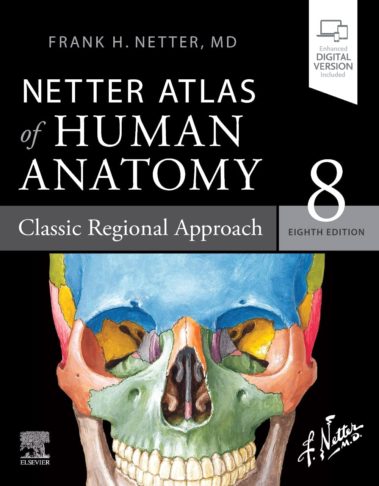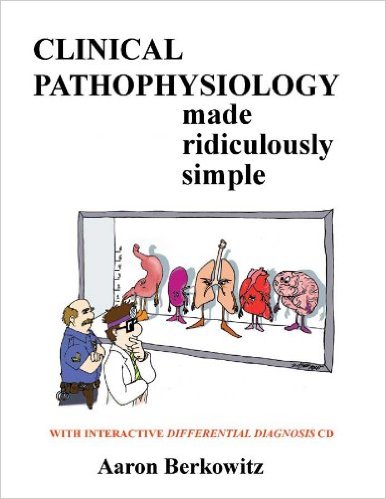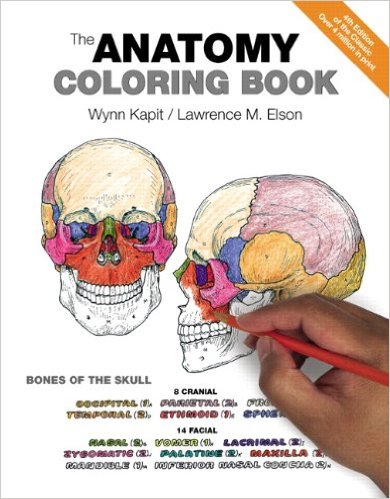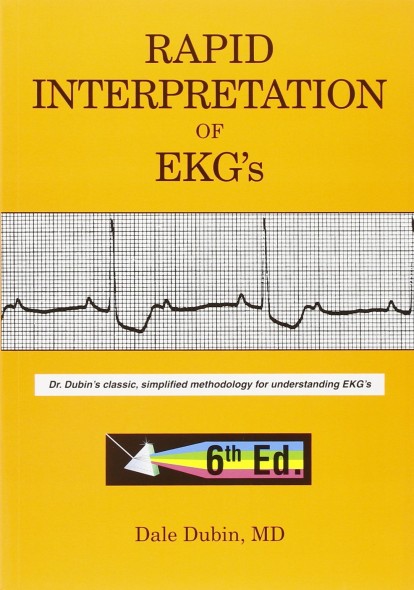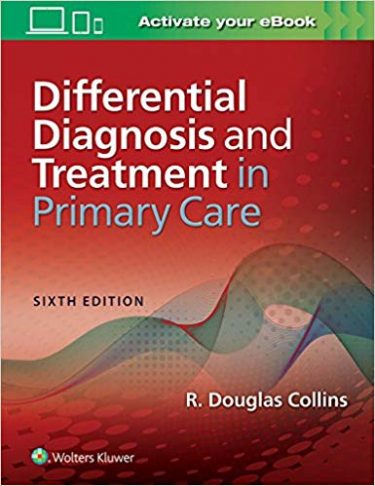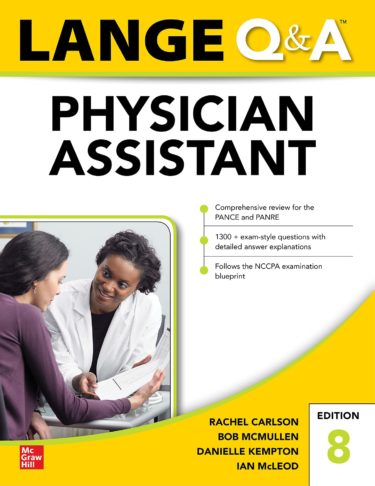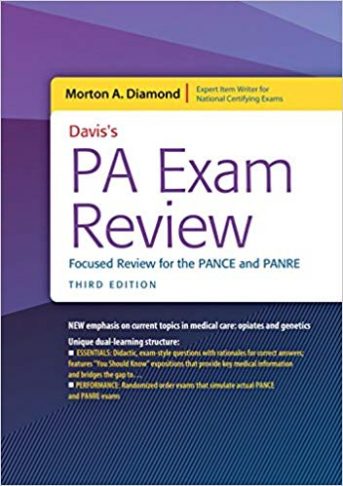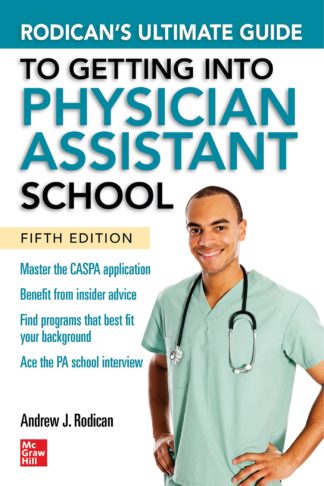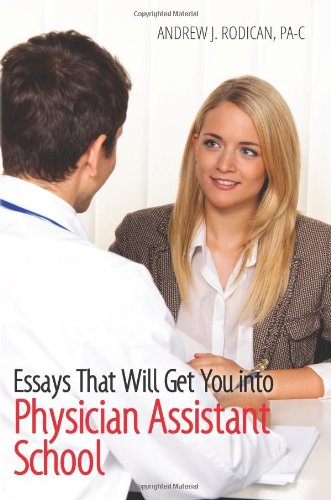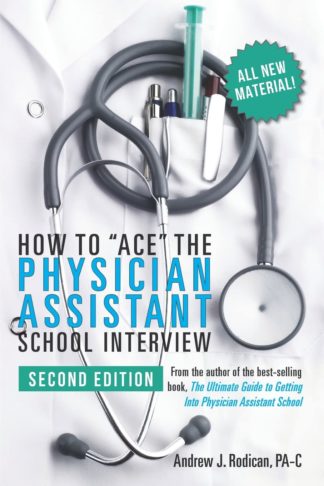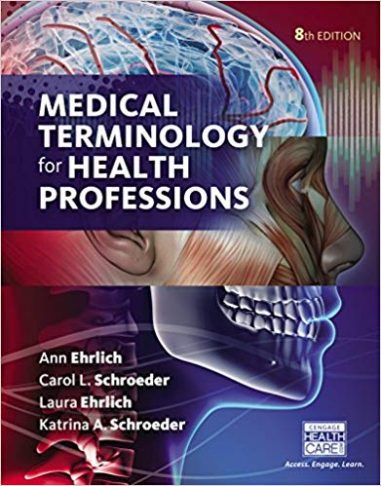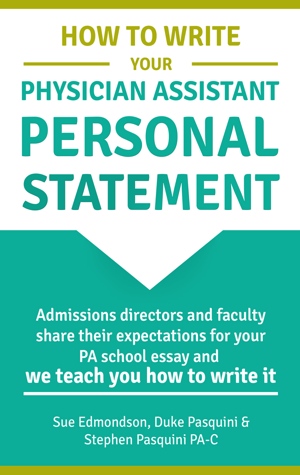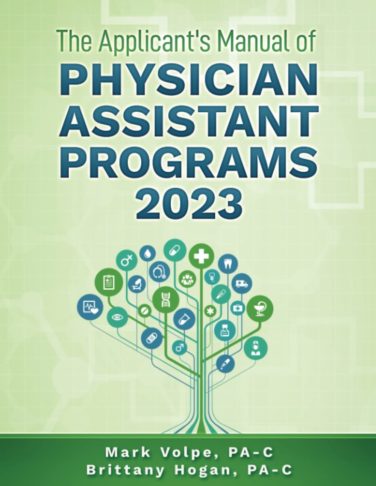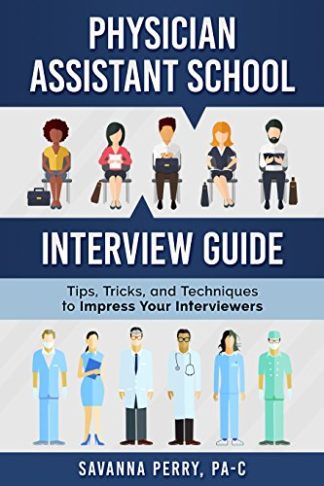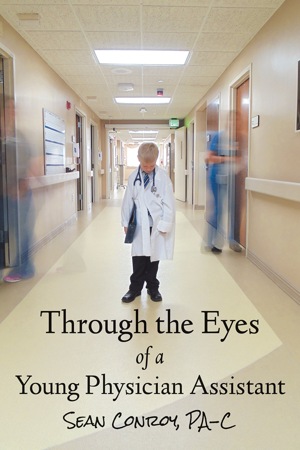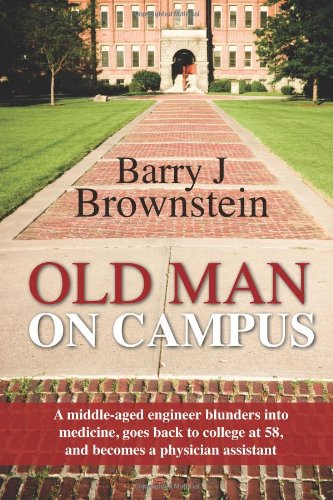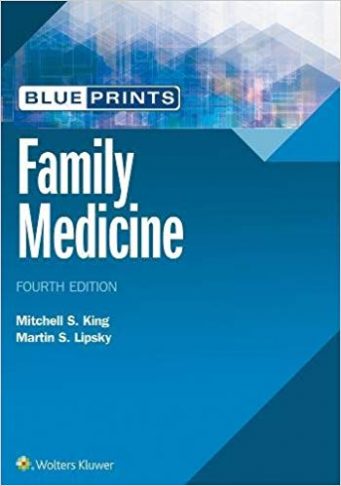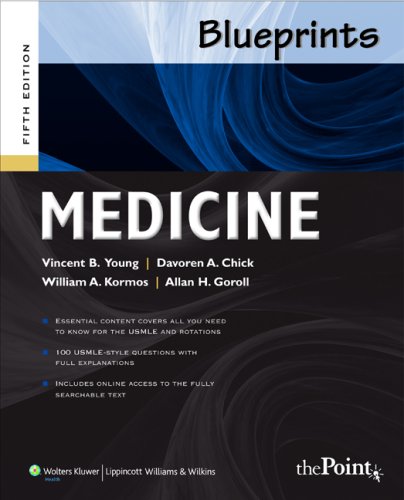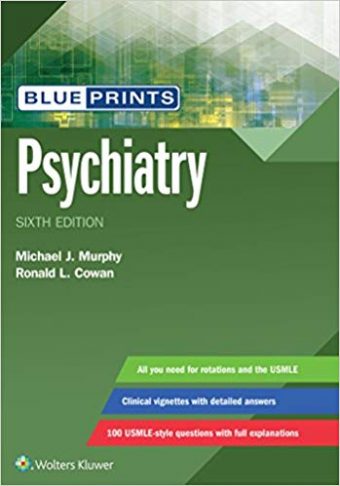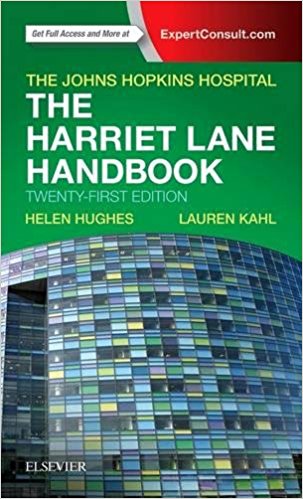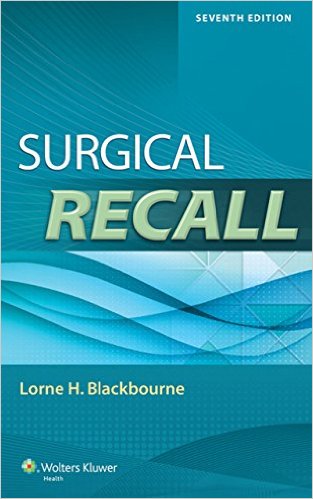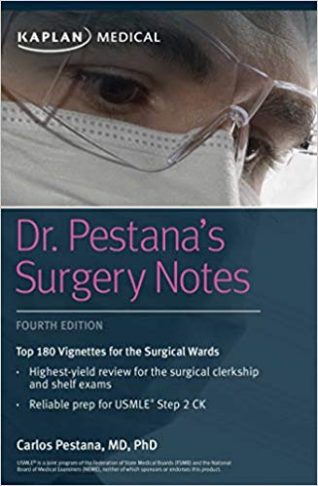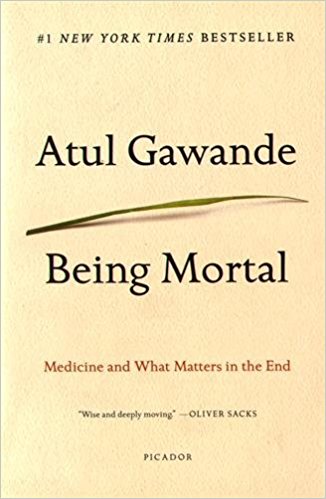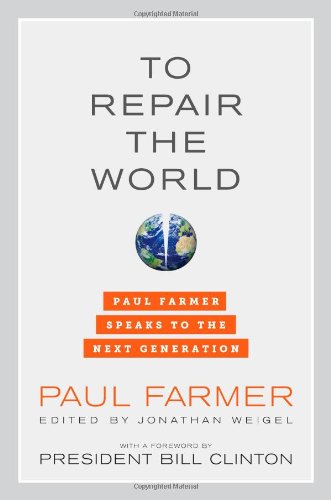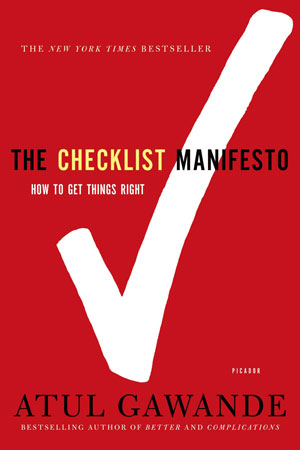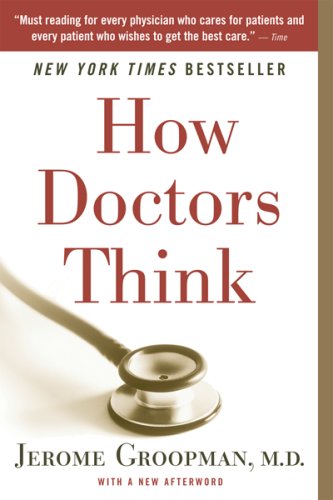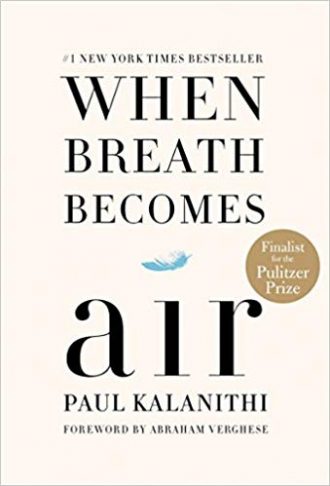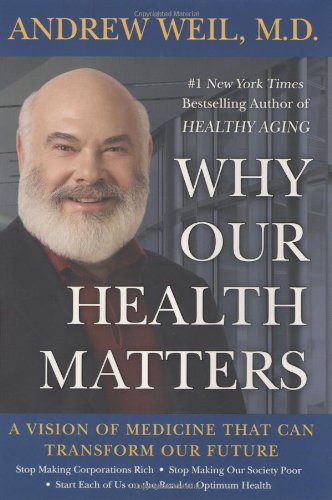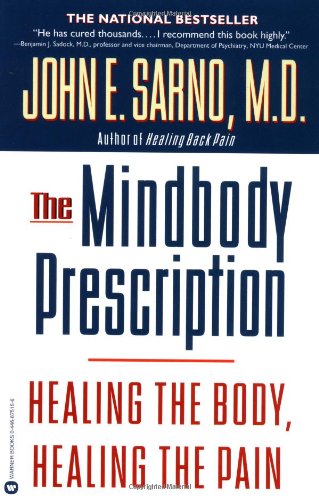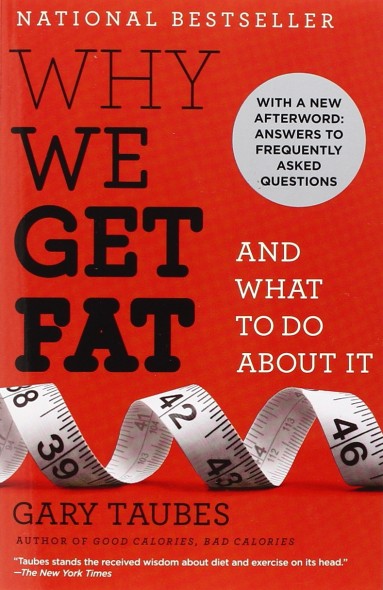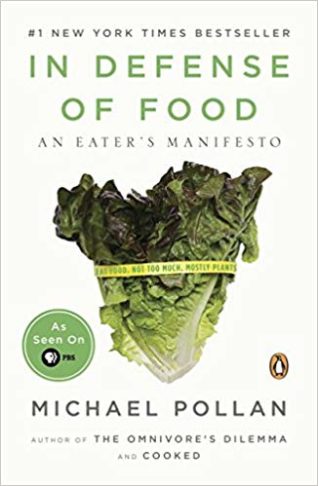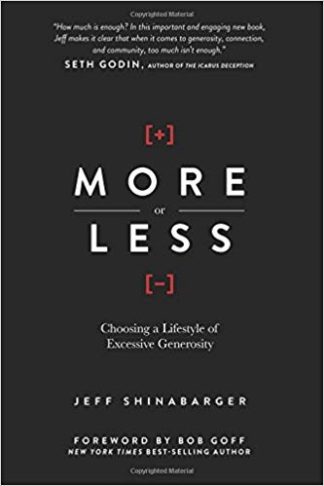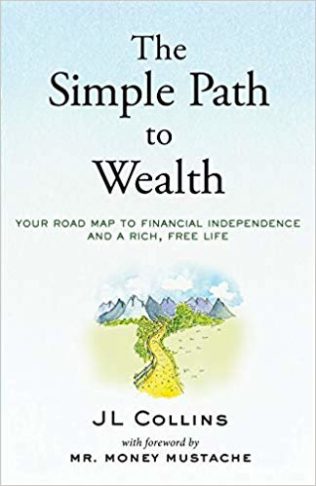The Best Books for Pre-PAs, Practicing PAs, and For Your PA School Clinical and Didactic Years

“The more that you read, the more things you will know. The more that you learn, the more places you’ll go.” - Dr. Seuss, I Can Read with My Eyes Shut
One of the best habits you can develop is the habit of reading.
Below is a mix of books I couldn’t live without during PA school, and others are books I have personally read (or listened to) over the last several years. Many of these books have helped shape my perspectives on medicine, science, and the world. I add to this list regularly.
Books that are labeled with ** are ones I highly recommend for anyone pursuing or in a medical profession.
Please see the best review books page for recommended PANCE and PANRE prep books.
Like to Read? Join my PA Life Book Club. Are you a student? Make sure to take advantage of Amazon Student Prime.
POCKETBOOKS
Seriously, who doesn’t love a good pocketbook? If you don’t lose your short white coat, these pocketbooks should last for years. I still have mine from PA school in my office drawer. These are three “must-haves.”
Guides to Antimicrobial Therapy
The Sanford Guide is a wonderful little resource packed full of information that goes far beyond antibacterial treatments and causative bacterial agents. My only regret as a student was that I didn’t spend enough time understanding the book prior to using it. Grab a copy, spend 30 minutes fully grasping its utility, and you will carry it with you through retirement. They also have a wonderful iOS app.
After using the Sanford Guide for years as a PA student, I was very happy to find the EMRA guide, which I use in practice daily. I absolutely LOVE the iOS app, and the simplicity in which it lays out the materials (including dosing regimens) is genius. If I were allowed to carry only one guide in my pocket (or in my phone), it might be this one.
Maxwell’s Quick Medical Reference
This is a classic! A great quick guide to SOAP notes, notes for surgery or OB-GYN, quick reference to the review of systems, and physical exams. Also, a handy visual acuity eye chart and other great quick reference info. I used this daily during my PA school rotations and stashed it in my desk drawer after graduation. I just recently pulled it out again and couldn’t believe all the useful information that was packed into this tiny little reference.
TIMELESS CLASSICS
All these books are timeless classics around which you can build your entire medical library. I use my Netter Atlas daily while explaining medical conditions to my patients. Or the amazing Essential Anatomy iPad App.
GREAT BOOKS FOR YOUR DIDACTIC YEAR
I love books (and apps) that take complex concepts and make them incredibly simple. These are winners in every sense of the word. The Costanzo Physiology book listed below has changed a bit over the years. However, I still reference this book from time to time and find it provides straightforward, easy-to-understand explanations of some of the most complex physiologic processes, such as acid-base disorders and respiratory physiology. My go-to web application is Osmosis!
DESKTOP REFERENCE
These are some of my favorite reference books. Clinical Guidelines in Family Practice was introduced to me by a Nurse Practitioner and is the one book I would recommend above all others. Differential Diagnosis in Primary Care is a close second that I use weekly in the clinical setting.
PANCE AND PANRE REVIEW BOOKS
Here are my picks for the top PANCE and PANRE review books of 2021. You can read my full review here.
FOR ASPIRING PHYSICIAN ASSISTANTS
The number of books for those interested in PA school has grown exponentially over the years. The original Ultimate Guide to Getting Into PA School by Andrew Rodican is still the best. I will also make a shameless plug for my book: How to Write Your PA Personal Statement, as a perfect, quick companion read.
Books Written by Physician Assistants
This section showcases an array of books authored by Physician Assistants, encompassing various genres, from medical reference guides to personal memoirs. The works listed highlight their unique insights and experiences in the healthcare field, contributing to both professional education and general knowledge.
FAMILY PRACTICE ROTATION
This section presents an expertly curated list of the best books specifically designed for Physician Assistants navigating their Family Medicine Rotation. These books are invaluable tools, offering a blend of theoretical knowledge and practical advice. They are carefully selected to enhance understanding, improve patient care skills, and foster professional development in the domain of family medicine.
BLUEPRINTS SERIES
I am a big fan of the Blueprints series. I used them mostly as an adjunct while studying for my end or rotation exams. That being said, I also found them to be a valuable tool for PANCE preparation. Check the publication year before purchasing on Amazon. There tend to be several options with different publication years, and some require updating. So, make sure you get the latest edition.
PEDIATRICS ROTATION
The Harriet Lane Handbook and Nelson Textbook of Pediatrics are "gold standards," while the Blueprint series makes for an excellent and concise review before examinations.
INTERNAL MEDICINE ROTATION
Here are some of the best books for internal medicine for PAs:
• Harrison's Principles of Internal Medicine: This is a comprehensive medical textbook that covers all areas of internal medicine. It is a go-to resource for learning about disease mechanisms, diagnosis, and management. It is an essential reference book for any internal medicine PA.
• The Washington Manual of Medical Therapeutics: This is a concise manual that covers clinical information on common medical conditions and treatment options. It is a highly portable quick reference that provides evidence-based treatment recommendations. It is ideal for use in hospital wards or clinics.
SURGICAL ROTATION
Check out this wonderful youtube channel on suturing techniques. Or on my site PAFLIX under suturing.
GLOBAL HEALTH
If you have ever considered going on a medical mission trip or have been and would like to delve deeper into the topic, here are some books that will help broaden your global medical perspective. There are others on this list as well listed under social justice. My favorite of all time is Mountains Beyond Mountains by Tracy Kidder, and this is a great place to start if you haven't already.
My Big List of Books
Below is a comprehensive list of books that I have read over the last several years and would recommend. Some are based on medicine and others cover topics ranging from personal finance to social justice. Most are non-fiction.
Medical Books That Will Make You a Better Person and Provider
These are books I have read over the years that are entertaining, inspirational, eye-opening, and educational. Reading helps you grow mentally, emotionally, and psychologically. Every book allows you to learn new things and explore new ideas and grow both as a person and a provider. Choose a book from this list below and make it a goal to read at least one new book monthly.
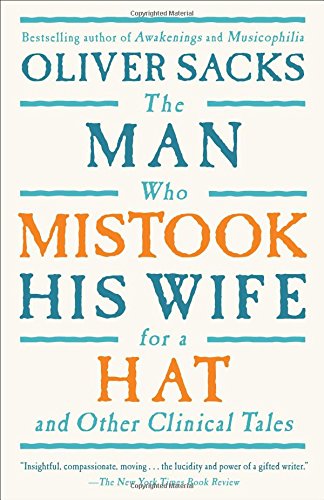
Functional and Integrative Medicine
Nutrition
Hippocrates is credited for the saying, "Let food be thy medicine and medicine be thy food." This has never been truer than it is today. As we watch diabetes rates rise along with heart attack and stroke rates, we need to be more than passive bystanders. Learn the benefits of a whole-food, plant-based diet, and how it can impact your health and that of your patients. My favorite book on this list is How Not to Die by Michael Greger.
Social Justice
A Long Way Gone by Ishmael Beah is one of the best books I have ever read. It's both tragic and eye-opening and can have a profound impact if you let it. Building a Social Business by Muhammad Yunus will have your mind spinning for days on how you can impact the world while creating something economically sustainable that also aligns with your passions and your purpose. These are all great reads.
- Banker to the Poor – Muhammad Yunus
- Half the Sky – Turning Oppression into Opportunity for Women Worldwide – Nicholas Kristof
- Me to We – Finding Meaning in a Material World – Marc and Craig Kielburger
- Building a Social Business - The New Kind of Capitalism that Serves Humanity's Most Pressing Needs
- Leaving Microsoft to Change the World: An Entrepreneur’s Odyssey to Educate the World’s Children – John Woods
Science
- The Selfish Gene – Richard Dawkins
- A Short History of Nearly Everything – Bill Bryson
- The Language of God – Francis Collins
- Billions and Billions – Carl Sagan
- Surely You’re Joking Mr. Feynman – Richard Feynman
- In Search of Memory – Eric Kandel
- The Time Keeper – Mitch Albom
Personal Development
A psychiatrist named Viktor Frankl writes Man's Search for Meaning. Not only was Frankl a psychiatrist, but he was also a Holocaust survivor, giving him a wildly unique perspective on the fundamental needs of human beings, behavioral tendencies, and more. I listen to the audio version of this book once a year. Eat That Frog by Brian Tracy is based on a quote by Mark Twain who once said "If the first thing you do each morning is to eat a live frog, you can go through the day with the satisfaction of knowing that that is probably the worst thing that is going to happen to you all day long." So eat a frog once a day, and the sky my friends is the limit!
- Man’s Search for Meaning – Viktor Frankl
- Night – Elie Wiesel
- The Paradox of Choice: Why More is Less – Barry Schwartz
- Solve for Happy: Engineer Your Path to Joy - Mo Gawat
- Stumbling on Happiness – Daniel Gilbert
- The Power of Habit – Charles Duhigg
- Atomic Habits - James Clear
- Indistractable: How to Control Your Attention and Choose Your Life - Nir Eyal
- Deep Work: Rules for Focused Success in a Distracted World - Cal Newport
- Decisive: How to make better choices in life and work – Chip and Dan Heath
- Tuesdays with Morrie – Mitch Albom
- How to Stop Worrying and Start Living – Dale Carnegie
- Happier – Tal Ben-Shahar
- Eat That Frog – Brian Tracy
- The Last Lecture – Randy Pausch
- Mastery – Robert Greene
- Talent is Overrated – Colvin, Geoff
Personal Finance & Investing
- The Investors Manifesto – William J. Bernstein
- Rich Dad’s Cashflow Quadrant – Robert T. Kiyosaki
- Quit Like a Millionaire: No Gimmicks, Luck, or Trust Fund Required – Kristy Shen
- Your Money Ratios – Charles Farrell
- The Coffeehouse Investor - Bill Schultheis
Recommended Reading for Young Investors
- The Stock Series by JL Collins**
- If You Can: How Millennials Can Get Rich Slowly, a free starter book on personal finance by respected author William Bernstein.
- Learn the importance of controlling spending. The Millionaire Next Door: The Surprising Secrets of America’s Wealthy by Thomas Stanley and William Danko
- Learn financial basics. Common Sense on Mutual Funds by Jack Bogle
- Learn financial history. Devil Take the Hindmost: A History of Financial Speculation by Edward Chancellor and The Great Depression: A Diary by Benjamin Roth
- Learn about yourself and behavioral biases. Your Money and Your Brain by Jason Zweig
- Learn more about the nuts and bolts of investing. How a Second Grader Beats Wall Street by Allan Roth and All About Asset Allocation by Rick Ferri.
Nutrition
- The 4-Hour Body – Timothy Ferriss
- The Atkins Diabetes Revolution – Robert C. Atkins
- Animal, Vegetable, Miracle – Kingsolver, Barbara
Fitness
- It’s Not About The Bike – Lance Armstrong
- Born to Run – Christopher McDougall
- Eat and Run – Scott Jurek
- A Life Without Limits – Chrissie Wellington
- Body by Science – John R. Little
Travel and Adventure
- Vagabonding** – Rolf Potts
- The Geography of Bliss – Eric Weiner
- Thru-Hiking Will Break Your Heart: An Adventure on the Pacific Crest Trail - Carrot Quinn
- Into Thin Air – Jon Krakauer
- The Wave – Susan Casey
- Shadow Divers – Robert Kurson
Economics
- The Tipping Point: How Little Things Can Make a Big Difference – Malcolm Gladwell
- The World is Flat**: A Brief History of the Twenty-first Century – Thomas Friedman
- Predictably Irrational**: Dan Ariely
- Freakonomics: A Rogue Economist Explores the Hidden Side of Everything – Stephen Dubner, Steven Levitt
- Germs, Guns and Steel: The Fates of Human Societies – Jared Diamond
- The Wisdom of Crowds – James Surowiecki
- Common Wealth: Economics for a Crowded Planet – Jeffrey Sachs
- The Long Tail – Chris Anderson
- New Rules for the New Economy – Kevin Kelly
- David and Goliath – Malcolm Gladwell
- The Quants: Scott Patterson
- Richistan: – Robert Frank
Fiction
- Harry Potter - J.K. Rowling
- The Hunger Games - Suzanne Collins
- The Catcher in the Rye – J.D. Salinger
- Catch 22 – Joseph Heller
- A Tale of Two Cities – Charles Dickens
- Ender’s Game – Orson Scott Card
PA School
- Surgical Recall – Blackbourne
- Netter’s Concise Orthopaedic Anatomy – Jon Thompson
- Introductory Textbook of Psychiatry – Nancy Andreasen
- Success on the Wards – Desai & Katta
Medicine – some of my favorites
- Differential Diagnosis in Primary Care – R. Douglas Collins
- Physiology: with Student Consult Online Access
- Approach to Internal Medicine – David Hui
- Pathophysiology of Heart Disease – Leonard Lily
- Clinical Microbiology Made Ridiculously Simple – Mark Gladwin
- Fundamentals of Neurologic Disease – Larry Davis
- Tarascon Pocket Pharmacopeia – Richard J Hamilton
- The ICU Book – Paul Marino
- Evidence-Based Physical Diagnosis – Steven McGee
- The Rational Clinical Examination: Evidence-Based Clinical Diagnosis – David Simel
- Users’ Guides to the Medical Literature: Essentials of Evidence-Based Clinical Practice – Gordon Guyatt
iPhone Apps:
- Tarascon Pharmacopoeia – USBMIS, Inc
- Diagnosaurus DDx – Unbound Medicine, Inc.
- Shots by STFM – Group on Immunization Education of the Society of Teachers of Family Medicine
- Medscape – WebMD
Disclaimer: This blog post contains affiliate links, which means that if you choose to make a purchase, I may earn a small commission to fund my coffee drinking habit. I favor Amazon because of their free shipping, student discounts, and excellent return policy, but please feel free to buy these books at your local bookstore or wherever you prefer to shop. Please do not spend any money on these products unless you feel you need them or that they will help you achieve your goals.
Learn more about the book list email…




